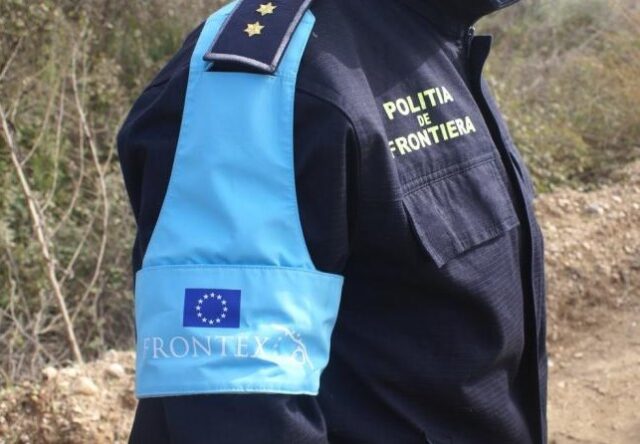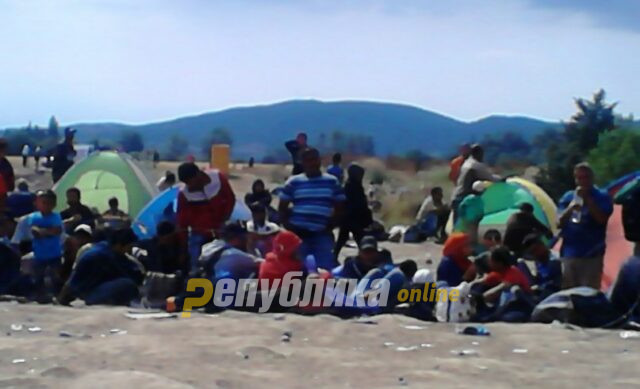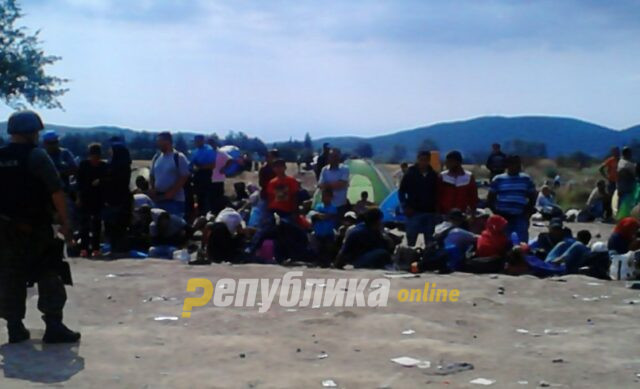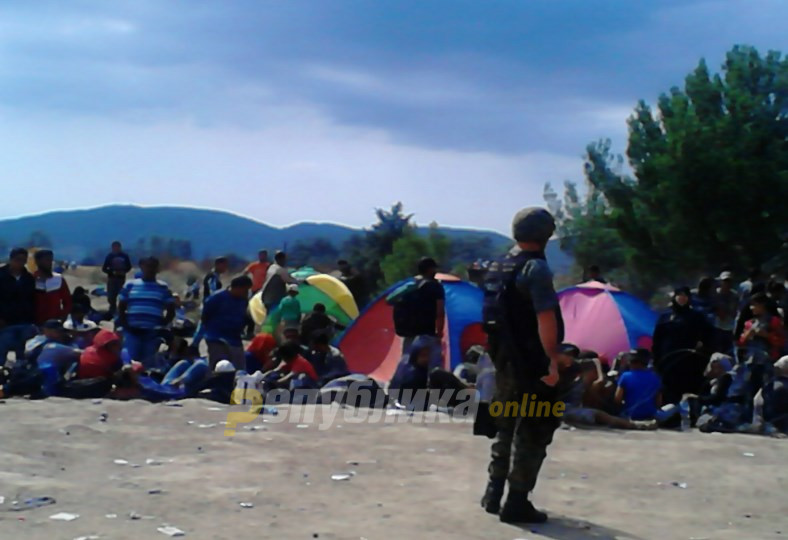The government has been boasting for two days that it signed a contract with FRONTEX in clear Macedonian language. Ordinary citizens rightly ask what is FRONTEX and especially what is that clear Macedonian language? Is there a dirty Macedonian language for this one to be called clear?
“Republika” will briefly explain these two things.

FRONTEX or the EU Agency for Border and Coastal Protection is a service of the Union for better protection of the borders, rapid deployment of personnel and equipment of FRONTEX or of foreign police officers at critical points of the borders, and in cases of sudden and rapid deterioration of the situation are provided opportunities for secure and continuous exchange of information and data, including operational intelligence, intelligence data, video, and aerial surveillance products, satellite images.

However, FRONTEX, similar to the so-called EUROPOL police, has almost no powers and their role is more of an observational one.

We witnessed this during the migrant crisis in 2015. Refugees from Syria, Iraq, and Afghanistan freely entered Macedonia near Gevgelija. FRONTEX, which was deployed along the border, saw this and turned a blind eye.

The then government responded to the Greek authorities that the migrants were entering from the territory of an EU member state. But illegal entries continued and so a wire fence was erected so that our military and police could control the entry of refugees.
A few weeks ago, there was a big scandal with FRONTEX when it was revealed that they were expelling illegal migrants to Turkey.
The report states that FRONTEX covered up violations of people’s “fundamental rights” and failed to investigate the incidents. Forcibly returning people across an international border without assessing their rights to apply for asylum or other forms of protection violates both international and humanitarian laws of the EU.
About the term “clear Macedonian language”
Agreements with the EU have been signed in the Macedonian language until now. The only difference is that in the language clause there was the wording “the official languages of the parties” and now they are listed by name.





Comments are closed for this post.